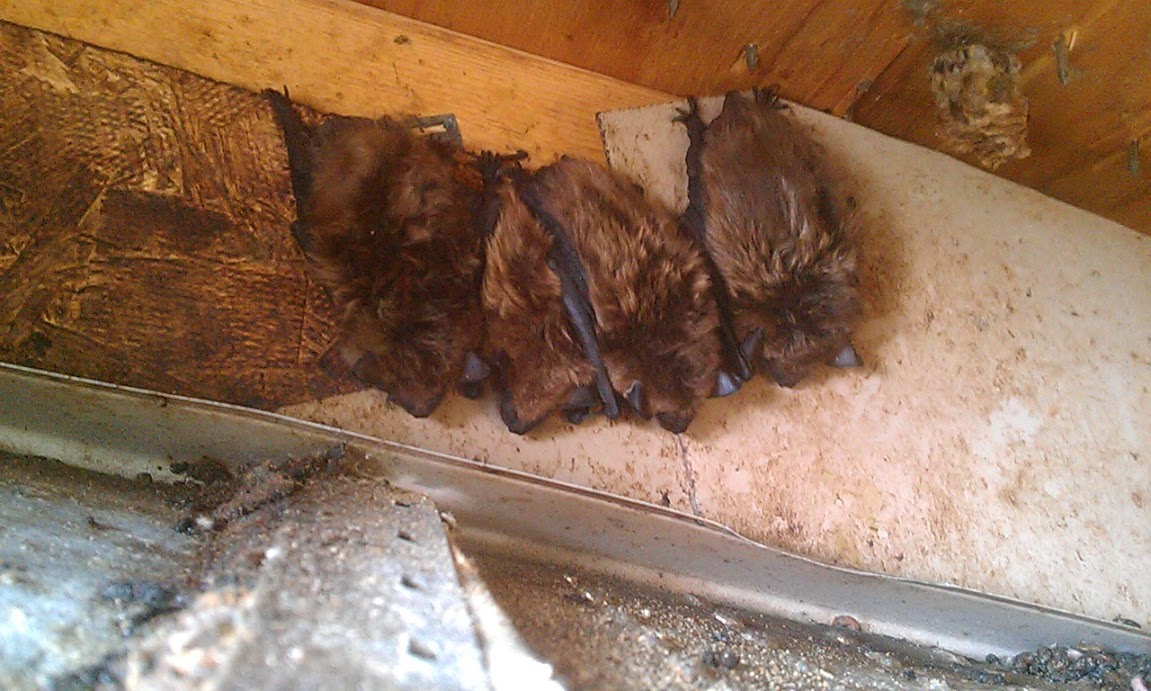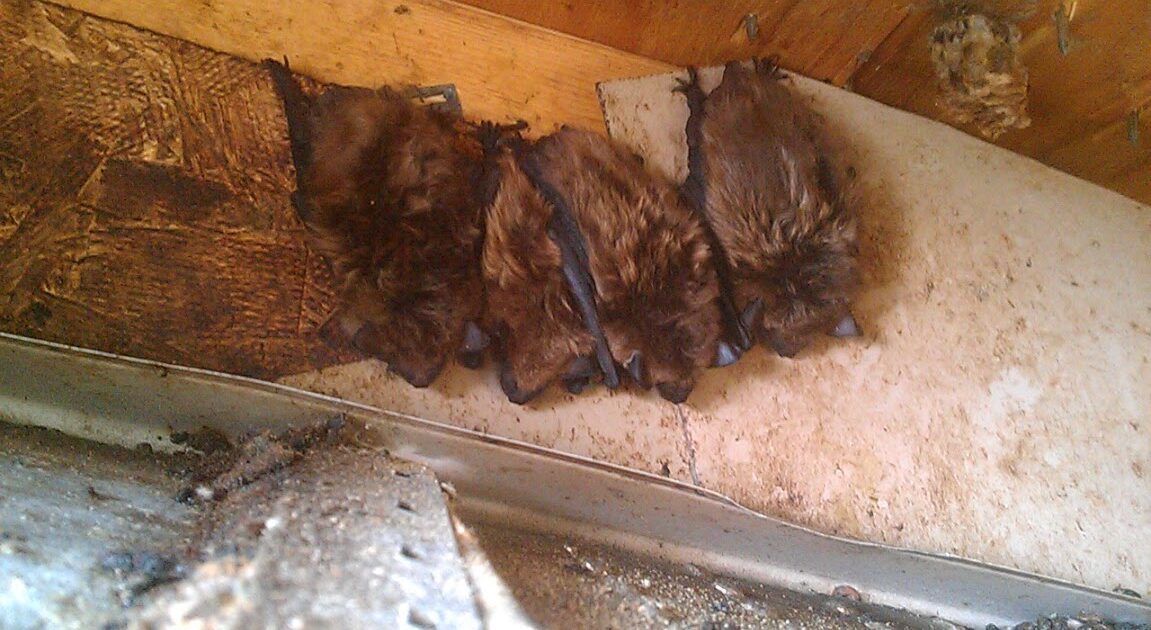The COVID-19 pandemic has upended life throughout the world. Its novelty meant that when the virus began to spread, certain questions went unanswered. Alternatively, some of the information presented at the beginning of the spread was later updated as new research and studies began to find clearer answers to some of our questions.
One such instance is the question of whether animals can catch it. News reports have presented several stories of cases where an animal or a group of animals were diagnosed with COVID-19. In some cases, these reports were updated as another cause of the symptoms was found. In other cases, the presence of the virus, or at least the antibodies that generate when an individual or animal had the disease present in their system, was confirmed.
Still, as people spend more time at their homes than ever before, it’s even more important to take steps to humanely remove critters or animals that may take up unwelcome residence there. While the current understanding is that the odds of spread from wildlife to humans is low, contacting Coquitlam wildlife control and taking appropriate precautions can help reduce that chance as low as possible.
Can Animals Catch and Spread COVID-19?
There have been confirmed cases of animals catching COVID-19. Early in the pandemic, a tiger at the Bronx Zoo had a confirmed case, and others in the habitat displayed the common symptoms of COVID-19. It appears that they caught it from an asymptomatic zoo worker. Each tiger, it should be noted, recovered.
Denmark also took drastic action after discovering that COVID-19 was present and spreading among their mink population. So, it’s safe to say that animals can catch the virus from humans, as well as spread it amongst themselves.
While it’s believed that COVID-19 was initially transmitted from a bat to a human, so far there doesn’t appear to be a case of a human transmitting the virus to an animal who then transmits it back to a human. This is important, as it means that animals aren’t a significant cause of the spread of COVID-19 from human to human. However, viruses are capable of mutating and evolving, so that can change at some point in the future.
How Can You Keep Your Pets Safe?
Veterinarians and scientists have reported that dogs and cats may be susceptible to the coronavirus. In each of these cases, the spread was likely from human to animal. This means that if you’ve tested positive for COVID-19, you should take steps to ensure someone else cares for your pets while you quarantine and recover. If you’re unable to do that, you should always wear a mask and wash your hands before and after interacting with them. You should avoid cuddling, hugging, or sleeping in the same bed, as well.
While dogs, so far, don’t seem to transmit the virus to other dogs or animals, cats, hamsters, and ferrets have shown the ability to infect other animals. If your home contains cats, you should take extra precautions. If your home is undergoing a rodent infestation, you should seek the services of a Coquitlam wildlife control company, such as Skedaddle, as soon as possible to prevent potential transmission.
How Can You Keep Your Family Safe?
The best way to stay safe is to follow all health department and government guidance regarding the coronavirus. At Skedaddle Humane Wildlife Control, we’re taking extra precautions should you require our services during this time. We do this as we believe that it’s still in the best interest of your family’s safety, including your pets, to have us conduct necessary wildlife removal services.
So, if you’re dealing with a wildlife infestation, give us a call today. We can assess your home for potential entry points, safely and humanely remove any wildlife present within your home, and help prevent the situation from reoccurring.




